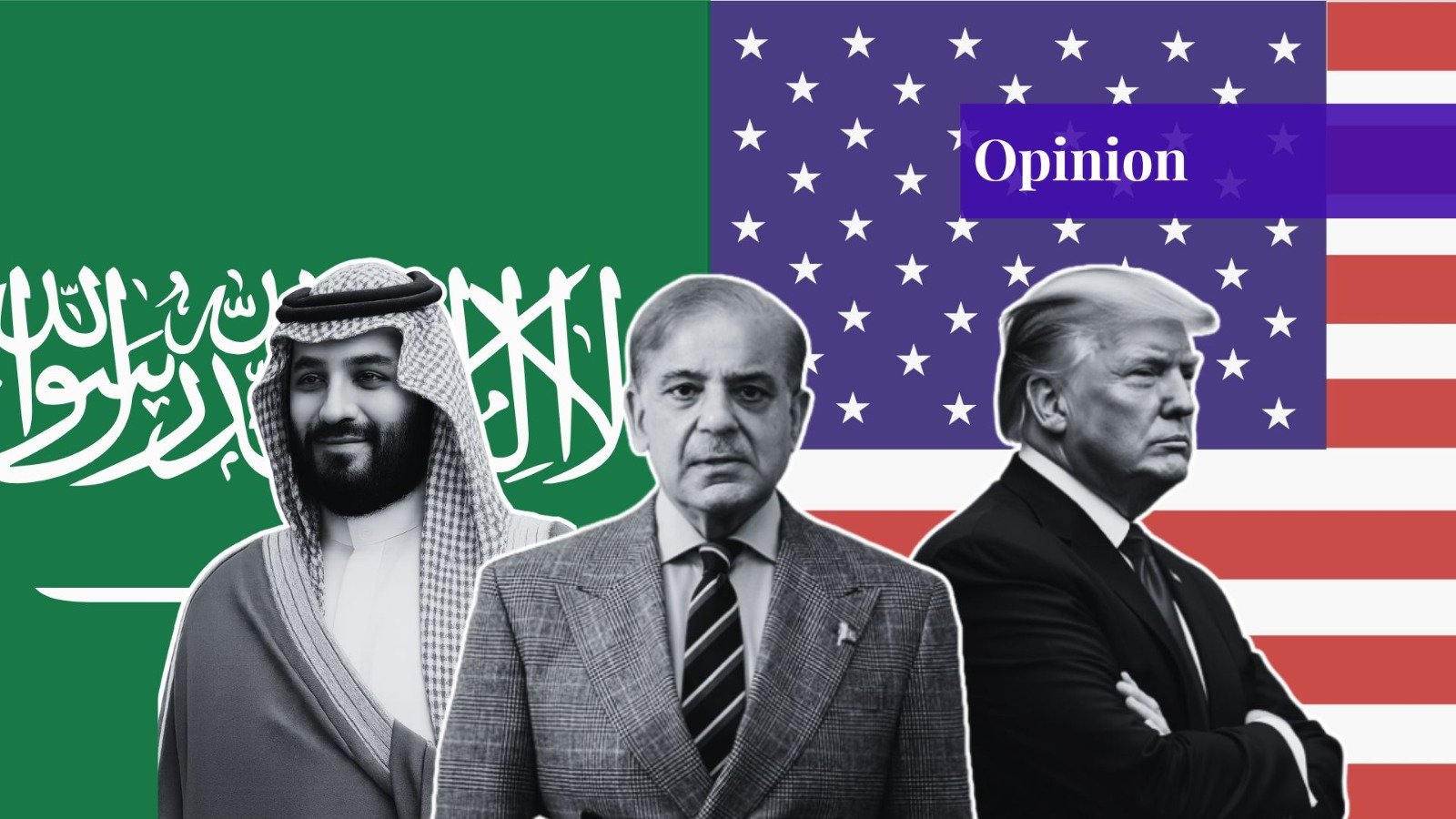“Punching above one’s weight” is a metaphor often used to describe a small boxer who lands a significant blow on a more experienced or superior opponent. In simple terms, this expression suggests entering situations that one is not considered capable of handling. In international politics, it is used to describe a state whose influence exceeds what its capacity would predict.
After Pakistan’s substantial victory in the May 2025 Indo-Pak standoff and the recent Strategic Defence Agreement with Saudi Arabia, this shorthand has become common during commentary regarding Pakistan. This phrase, although it captures something raw and real, disguises hard trade-offs. This article unpacks the connotation behind “punching above its weight,” explaining why it is being applied to Pakistan today while outlining the opportunities and restrictions it faces as it tries to transform tactical gains into sustainable strategic advantage.
An Indo-Pak military standoff of the most serious nature commenced early in May 2025, marked by a series of strikes, direct military engagement, and rapid diplomacy that concluded in a ceasefire roughly four days into the conflict. The quick transformation of military posturing into diplomatic engagement to avoid escalation was emphasised by Analysts. In mid-September 2025, Pakistan signed a Strategic Defence Agreement with Saudi Arabia that included language considering an attack on one as an attack on the other, a commitment that materially deviates from the risk apparatus of regional actors. At a time when security apprehensions of the Gulf are high, Riyadh’s embrace of Islamabad has become the most notable diplomatic progress, strengthening Pakistan’s voice.
Three interconnected dynamics explain in detail our op-ed’s title. The first and foremost is a country’s credible military posturing in a particular crisis. The armed forces of Pakistan were successfully able to operate a blend of conventional and asymmetric gestures during the May 2025 episode that put an end to Indian objectives. This emphasises that capability, combined with military doctrine and signalling, produced conclusions that were simply not relevant to Pakistan’s material footprint. The second dynamic is the use of strategic partnerships by a country as force multipliers. The Pak-Saudi agreement carries weight because Riyadh carries not only wealth but also regional influence and diplomatic reach. Such an understanding with Saudi Arabia acts as a force multiplier, i.e., Pakistan’s security must now be weighed alongside Riyadh’s. This agreement hence magnifies Pakistan’s diplomatic and deterrent posture in ways that troop counts or GDP can not. The third and last dynamic is narrative management and diplomatic swiftness. Beyond military prowess, Islamabad’s outreach towards China, Turkey, Gulf allies, and various Western states demonstrates a diplomatic agility that transforms crises into diplomacy. Effective crisis management can yield substantial advances in both stature and influence.
Our title is always a relative claim. Materially, Pakistan remains constrained as its 2025 GDP growth remains modest at approximately 2.7% as the country continues to function on IMF programmes and debt burdens. On the defence front, there is a stark asymmetry with India, as India’s active defence budget is 9 times greater. Nevertheless, Pakistan’s military posture, nuclear deterrence, and doctrine of swift signalling have reliably enabled it to influence adversary insights beyond what its absolute limits suggest.
The immediate payoffs for Pakistan are tangible. Openly tying its security to Saudi Arabia complicates adversarial preparation and increases the political charge of violence. Even if the willingness of Riyadh to intervene militarily is not unconditional, the simple existence of the agreement risks regional jeopardy. Pakistan can additionally translate international attention into tangible political and economic advantages, such as energy deals, investment opportunities, etc, if it negotiates shrewdly. The spotlight Islamabad is currently under gives it bargaining chips it previously lacked. Pakistan can further take the position of an interlocutor between South Asian and the Gulf region by hosting dialogues and mediation initiatives to raise its diplomatic profile even higher.
But this posture comes with its limitations, too. Resources are absorbed abruptly during defence posturing. With macroeconomic limitations like limited finance, a narrow tax base, and dependence on external finance programmes like the IMF, sustaining a high security profile without concentrating on parallel financial recovery is dangerous. Although diplomacy can buy breathing space, it cannot account for permanent funding. Secondly, discernible alignment with one regional bloc may complicate relations with others. A Pak-Saudi understanding can create fear for India, unsettle relations with Iran, and aggravate grim scenarios vis-à-vis powers with interests in the Gulf region. Overcommitting may drag Pakistan into quarrels and does not align with its core national interests.
If Pakistan desires to transform this sporadic flow of attention into a sustainable strategic advantage, it must set its priorities straight. Firstly, it needs to transform diplomatic capital into economic relief via funding energy and infrastructure projects to boost growth and structural reform in addition to military sustenance. Secondly, Pakistan should institutionalise pledges regarding foreign policy. Defence agreements must be discussed in the Parliament, included in legal frameworks and processes to ensure that alliances outlast leaders/personalities and electoral cycles. This could strengthen reliability and lower the risk of sudden policy shifts that could undermine Pakistan’s achievements. Pakistan should further prioritise expenditure on human capital, tax reform, and overall stabilisation so it can rest on a stronger foundation domestically. The most sustainable manner in which a country can “punch above its weight” is by gradually expanding what accounts for its weight.
The picture of a small boxer delivering a decisive blow reflects Pakistan’s current geopolitical standing. Yet, the metaphor resembles a double-edged sword. A boxer relying on the element of surprise without building stamina and preparing for the upcoming round risks failure. The current strategic advantage of Pakistan calls for a cautious strategy. Pakistan can use the limelight to gather breathing space, secure investment opportunities, and strengthen its diplomacy, but only if these strategic advances are translated into tangible economic relief and infrastructural development at home. If Pakistan can translate this surge of influence into sustainable governance, “punching above its weight” will become less a slogan and more an extent of national power.
If you want to submit your articles and/or research papers, please visit the Submissions page.
To stay updated with the latest jobs, CSS news, internships, scholarships, and current affairs articles, join our Community Forum!
The views and opinions expressed in this article/paper are the author’s own and do not necessarily reflect the editorial position of Paradigm Shift.
She is a researcher and scholar of International Relations & Strategic Studies.



